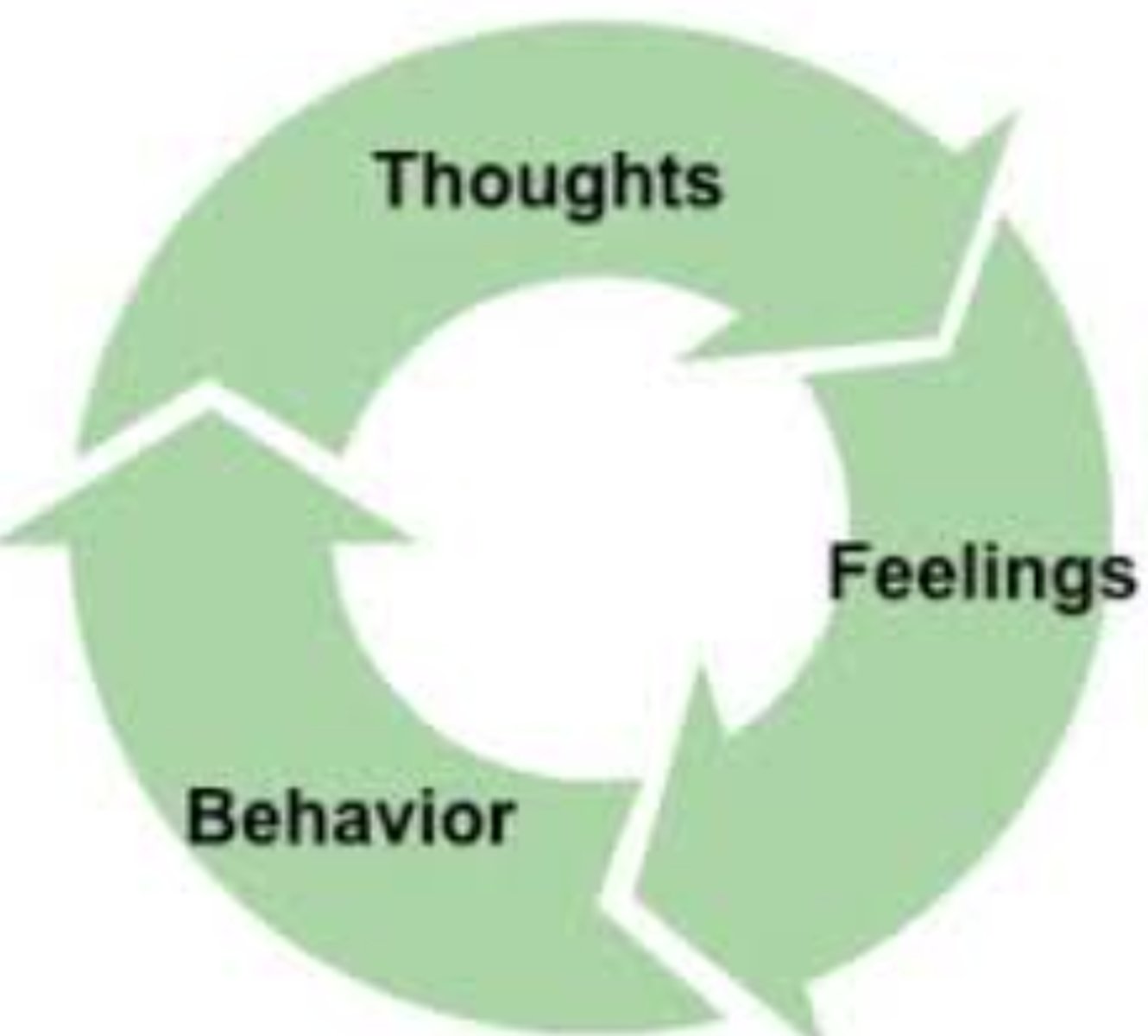SZ 16(b) Comparing therapies
1/4
There's no tags or description
Looks like no tags are added yet.
Name | Mastery | Learn | Test | Matching | Spaced |
|---|
No study sessions yet.
5 Terms
Identify what cognitive behaviour therapy, family therapy and drug therapy attempt to change (3)
Cognitive behaviour therapy: irrational thoughts / cognitions
Family therapy: family interactions
Drug therapy: brain chemistry
Compare cognitive behaviour therapy, family therapy and drug therapy on their effectiveness (3)
* On their own, roughly equal
* Drug therapy possibly more effective than others, especially clozapine
* CBT and FT added to drug therapy improves effectiveness by a small amount

Compare cognitive behaviour therapy, family therapy and drug therapy on their drop- out rate (3)
* Drugs have highest drop- out rate (approx 40%)
* CBT have lower drop- out rate than FT...
*...and than drug therapy
Compare cognitive behaviour therapy, family therapy and drug therapy on their unintended outcomes, including side effects and how treatments can 'go wrong' (6)
* Drugs have common and severe side effects
* Common: tardive dyskinesia, weight gain, etc
* Severe: agranulocytosis and malignant neuroleptic syndrome can be fatal
* CBT and FT can 'go wrong' and inadvertently make things worse
•CBT might lead to more irrational interpretation of symptoms
* FT might bring family tensions to surface
Compare cognitive behaviour therapy, family therapy and drug therapy on their convenience (4)
* Drugs most convenient
* Little effort to just take medication
* CBT and FT involve effort in getting to therapist / engaging with therapy
* Especially challenging for FT, given greater numbers involved